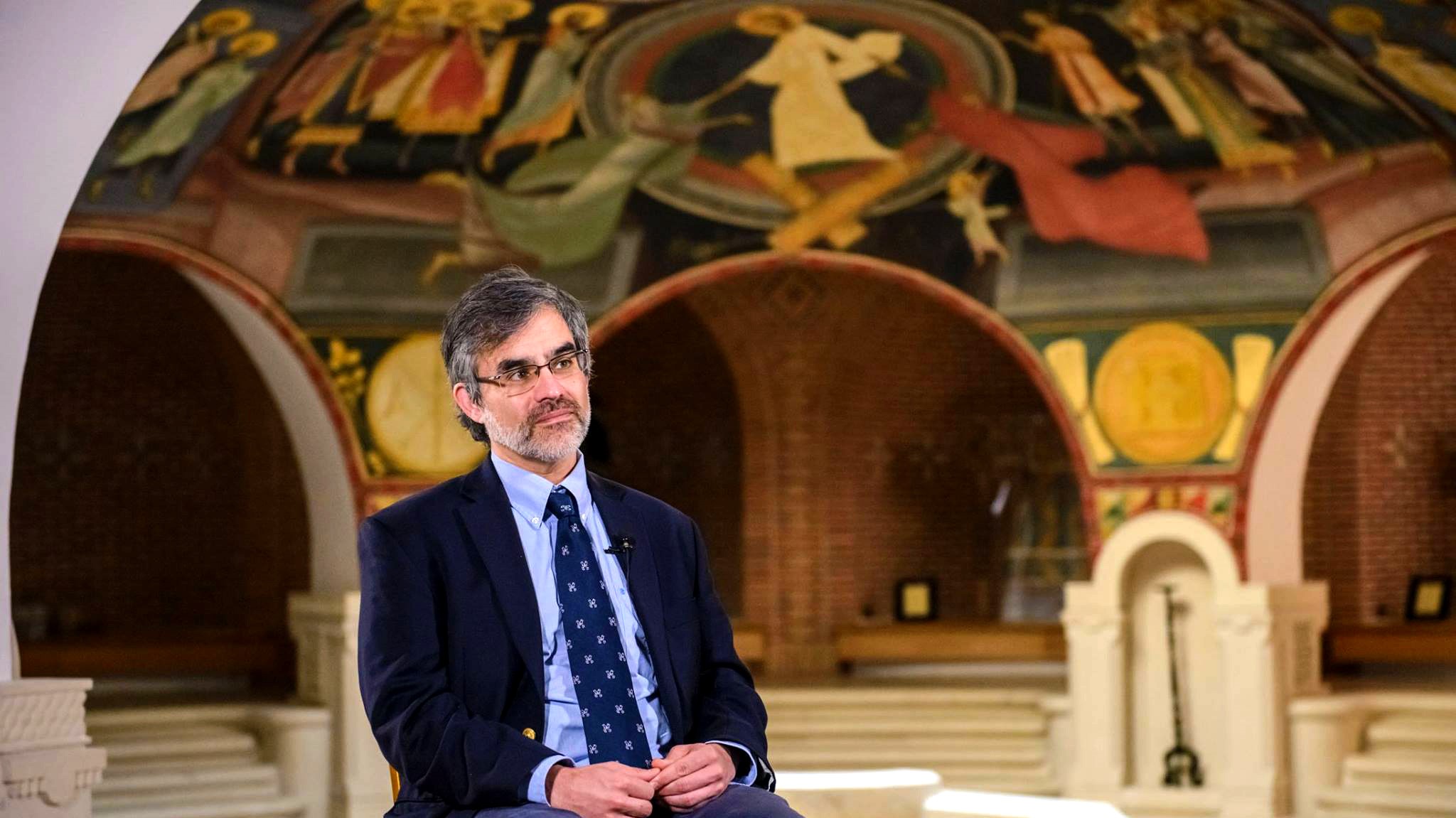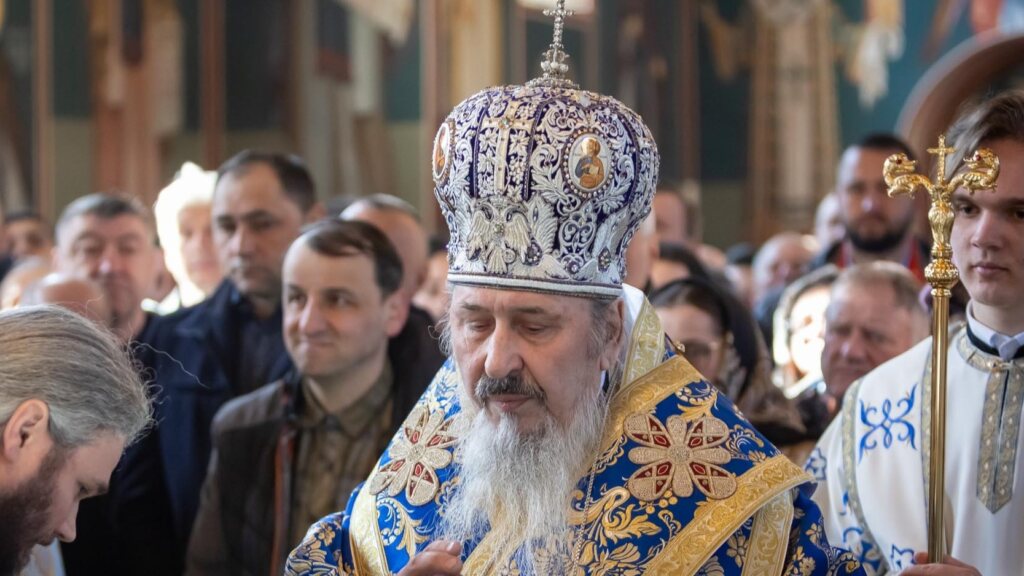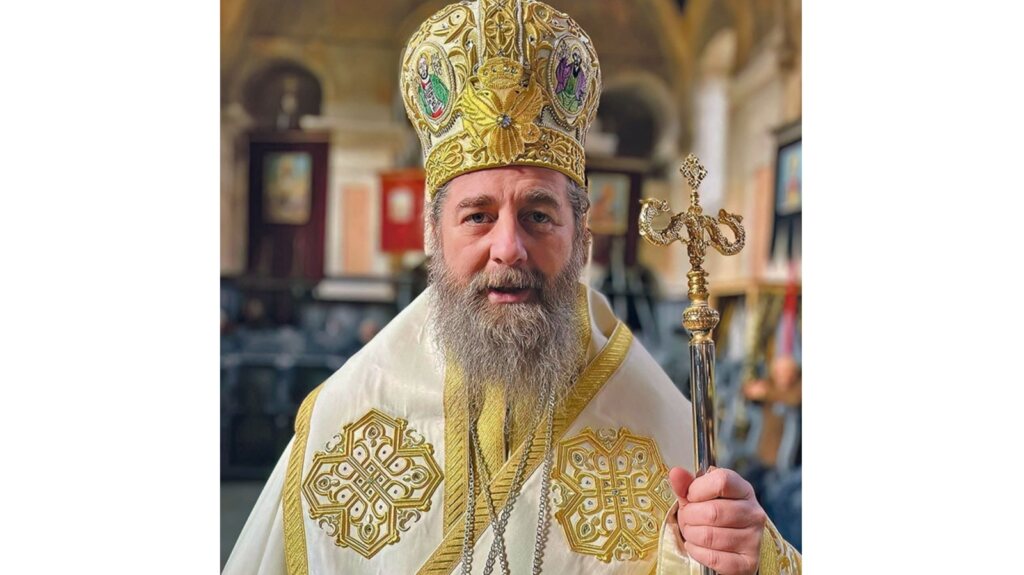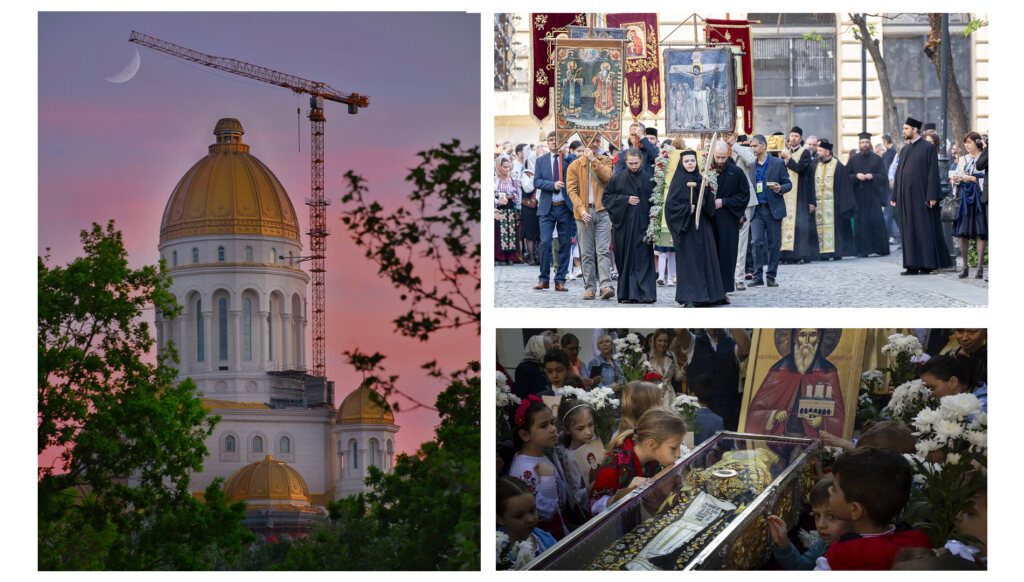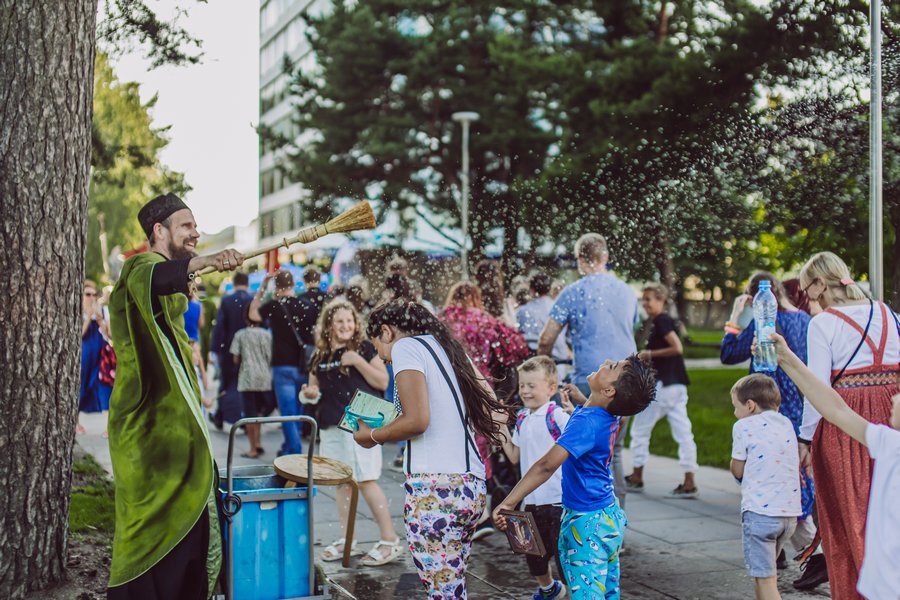Musician Dr Alexander Lingas, who will direct the Byzantine Choir performing at King Charles III’s Coronation Ceremony, has granted an interview to Father Bogdan Țifrea from Radio Trinitas, the radio station of the Romanian Patriarchate.
The fact that Byzantine music is to be sung at this ceremony shows the King’s respect and love for Orthodoxy, his father’s religion. Also, it reveals the underlying unity of the tradition of the Church, as it was in the first millennium of Christianity, added the musician.
Dr Alexander Lingas is a member of the Scientific Committee of the Iași Byzantine Music Festival (Romania), a unique international event which promotes the tradition of Byzantine chant.
Interview with Dr Alexander Lingas
How significant is the fact that a Choir that sings Byzantine music is invited to perform at such an event as a coronation of a British King? Is there a tradition related to that, or is it something new?
I think it is very significant that His Majesty King Charles has asked for Byzantine music to be performed at his coronation.
I suppose there might be a tradition if you want to go back to the Middle Ages, but really this is something new within any kind of recent memory, and it is a demonstration of the King’s respect and love both for the Orthodox Church and also in recognition of his father, the late Duke of Edinburgh, who was baptized in the Orthodox Church.
Who will perform in the choir – how many members? Will you be performing in the church?
The choir for this occasion has been specially chosen. It will consist of seven experienced cantors, most of them working in the United Kingdom, and also two from Greece. They are all experienced performers, church singers of Byzantine music, of Psaltic music, who have served their respective parishes, cathedrals, and archdiocese.
What will you sing, what kind of chants and for how long?
Although the music will not be announced in detail until shortly before the Coronation, at this stage I can confirm that we’ll be singing some traditional Byzantine music, notated in Byzantine notation and Psaltic notation, and we will be singing a Psalm text appropriate to the occasion.
The Coronation itself is a service that goes back over a thousand years, and the service was originally written in Latin and then was translated into English at the time of the Reformation. Certainly, there are common roots between the Orthodox tradition and those of the Undivided Church of the first millennium.
So I think what we’re going to be doing by singing this Psalm in Psaltic music is that we will be manifesting once again that underlying unity of traditions.
How does it feel to be part of this as being an Orthodox, what is the message that people should learn from this?
As an Orthodox and also a Canadian, and as a subject of the King, I am deeply honoured to be asked to do this and to take part in the coronation. I think that the message is a two-fold one: on the one hand, it is one reflecting the depth of tradition and His Majesty’s interest in both preserving and transmitting ancient tradition in the modern world and also the inclusivity of the Coronation.
The Coronation will also be featuring, for example, for the first time, a Gospel choir. So I think it will be a wonderful blend of tradition with cultural encounters as it exists in the modern United Kingdom.
Short biography
Dr Alexander Lingas is a Reader in Music at City University London and a Fellow of the University of Oxford’s European Humanities Research Centre. He received his PhD in Historical Musicology from the University of British Columbia (Canada).
He has also served as a lecturer and advisor for the Institute of Orthodox Christian Studies at the University of Cambridge.
His awards include Fulbright and Onassis grants for musical studies with the late cantor Lycourgos Angelopoulos, the British Academy’s Thank-Offering to Britain Fellowship, research leave supported by the Stavros Niarchos Foundation, and the St. Romanos the Melodist medallion of the National Forum for Greek Orthodox Church Musicians (USA).
Having contributed articles to The New Grove Dictionary of Music and Musicians, and The Oxford Handbook of Byzantine Studies, Dr Lingas is now completing two monographs: a study of Sunday Matins in the Rite of Hagia Sophia, and a historical introduction to Byzantine Chant for Yale University Press.
Photo credit: Doxologia.ro
